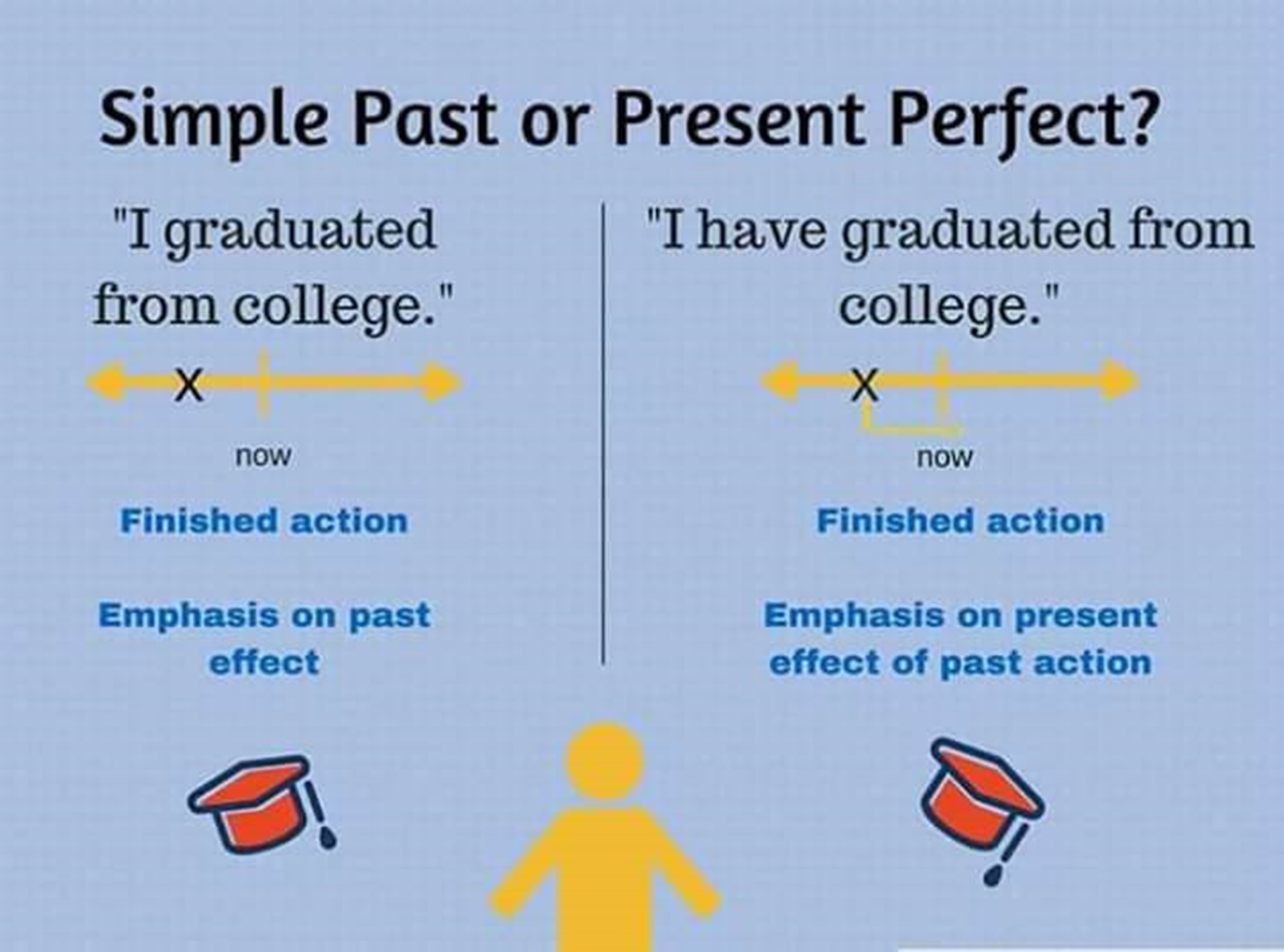Simple Past Present Perfect

Get FREE English Verb Tense Songs and Pronunciation Songs Here
Simple Past Present Perfect: How to Teach It (Examples + Worksheet + Wordwall)
Teaching the Simple Past and Present Perfect tenses can be challenging for English learners, but clear examples and practical exercises make the lesson easier. The Simple Past describes finished actions in the past, while the Present Perfect connects past actions to the present.
For example: I visited Tokyo in 2019 (Simple Past) vs I have visited Tokyo three times (Present Perfect).
To teach the difference, start with timelines and real-life examples. Give students controlled exercises, then move to speaking tasks about life experiences. A printable worksheet with gap-fill questions and sentence transformations helps students practise the forms. You can also use Wordwall games to review irregular verbs and practise choosing the correct tense in context.
Useful exercise idea: students write five Simple Past sentences and five Present Perfect sentences about travel, food, or achievements. With examples, worksheets, and interactive Wordwall activities, learners quickly understand how to use both tenses correctly.
🎯 Simple Past Present Perfect Lesson Objective
Students will be able to:
-
Understand the difference between simple past and present perfect tenses.
-
Correctly use each tense in sentences about past experiences.
🕐 1. Warm-Up (5–10 minutes)
Goal: Activate students’ knowledge of talking about past experiences.
Activity:
Ask a few open-ended questions:
-
“What did you do last weekend?”
-
“Have you ever been to another country?”
👉 Highlight that one question uses past tense (“did you do”) and the other uses present perfect (“have you ever been”).
Write both questions on the board. Underline did and have to start building awareness.
📘 2. Presentation (10–15 minutes)
Explain the difference clearly and visually:
| Tense | Structure | Example | Meaning / Use |
|---|---|---|---|
| Simple Past | Subject + past verb | “I visited Paris in 2018.” | A completed action at a specific time in the past |
| Present Perfect | Subject + have/has + past participle | “I have visited Paris.” | An action that happened at an unspecified time and has relevance to now |
Get FREE English Verb Tense Songs and Pronunciation Songs Here
Tip: Emphasize time expressions:
-
Simple Past: yesterday, last week, in 2018, two days ago
-
Present Perfect: ever, never, already, yet, just, recently, before, since, for
🧩 3. Guided Practice Simple Past Present Perfect (15 minutes)
Activity 1: Sorting
Give students sentences and have them sort them into two columns:
-
“I went to Japan last year.” → 🟨 Simple Past
-
“I have eaten sushi.” → 🟩 Present Perfect
Activity 2: Fill in the blanks
“I ______ (see) that movie last night.” → saw
“I ______ (see) that movie before.” → have seen
Activity 3: Pair Work
Students ask each other:
-
“Have you ever tried surfing?”
If the answer is yes, follow up: -
“When did you try it?”
👉 This shows both tenses in real use.
🗣️ 4. Communicative Practice (10–15 minutes)
Game: “Have You Ever…?”
Students move around the room asking each other questions:
-
“Have you ever eaten snails?”
-
“Have you ever met a famous person?”
When they get a “Yes,” they ask:
-
“When did it happen?”
They then share with the class:
“Maria has met a famous person. She met Chris Hemsworth in 2019!”
🧠 5. Common Mistakes to Highlight
| Incorrect | Correct | Explanation |
|---|---|---|
| I have seen him yesterday. | I saw him yesterday. | “Yesterday” = specific time → past tense |
| I went to Paris. (no time given) | I have been to Paris. | No specific time → present perfect |
📝 6. Wrap-Up Simple Past Present Perfect / Summary (5 minutes)
Ask students to summarize:
“When do we use the simple past?”
“When do we use the present perfect?”
End with this rule:
🗝️ Use the simple past for actions that are finished and have no link to now.
Use the present perfect for actions that are finished but still connect to now.
Get FREE English Verb Tense Songs and Pronunciation Songs Here
🧩 Optional Homework
Have students write a short paragraph:
“Three things I did last weekend” (past tense)
“Three things I have done in my life” (present perfect)

